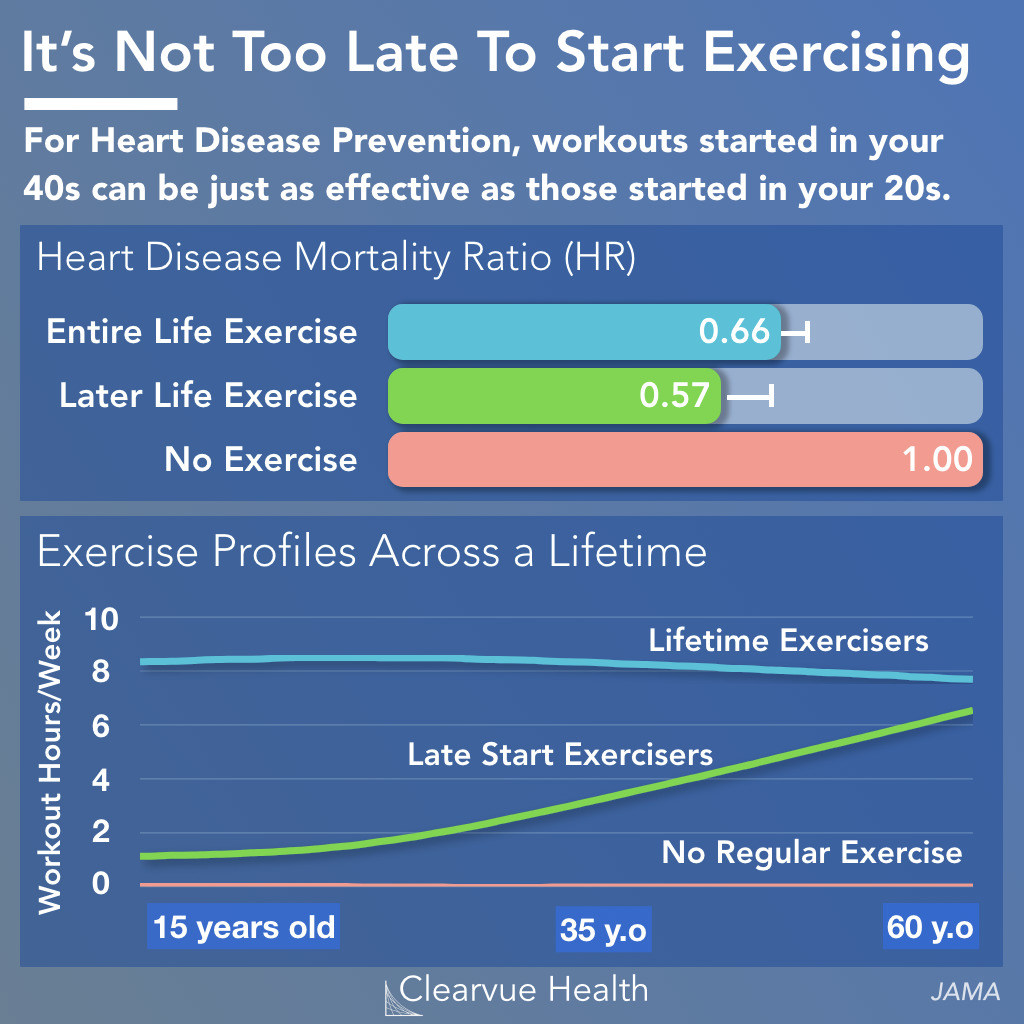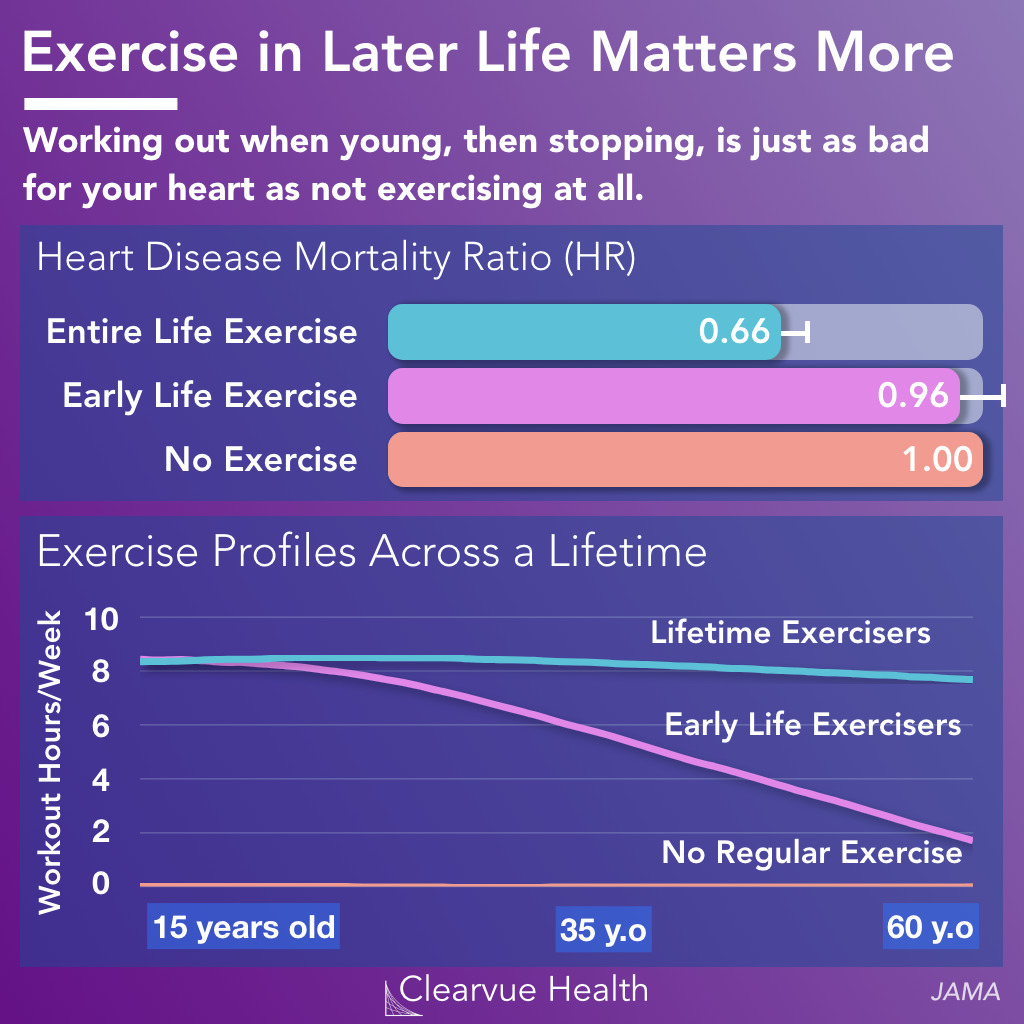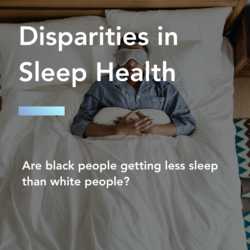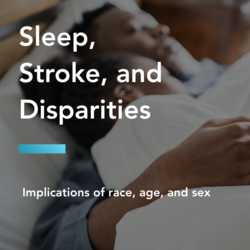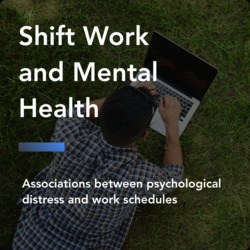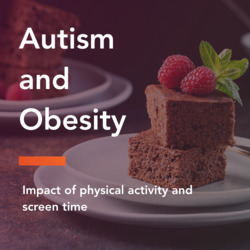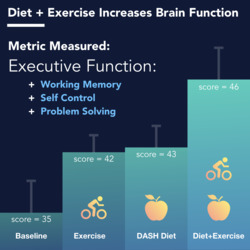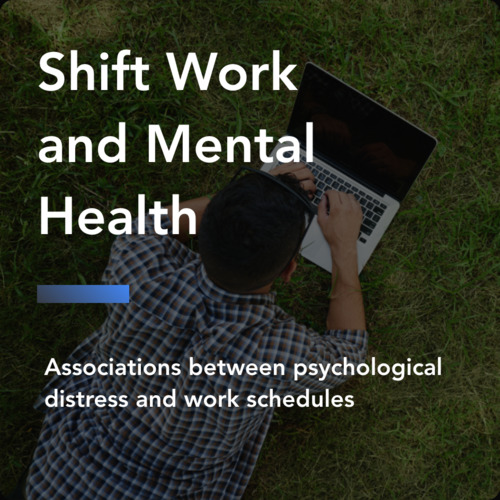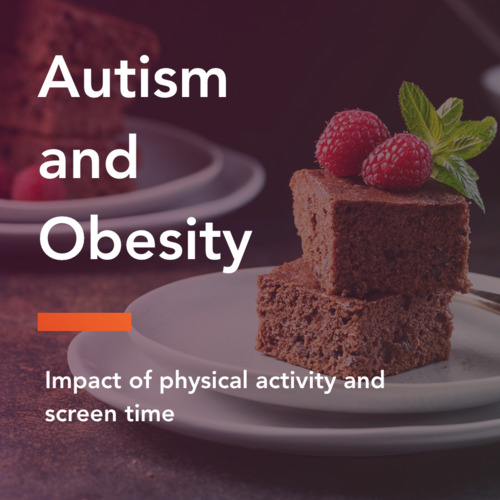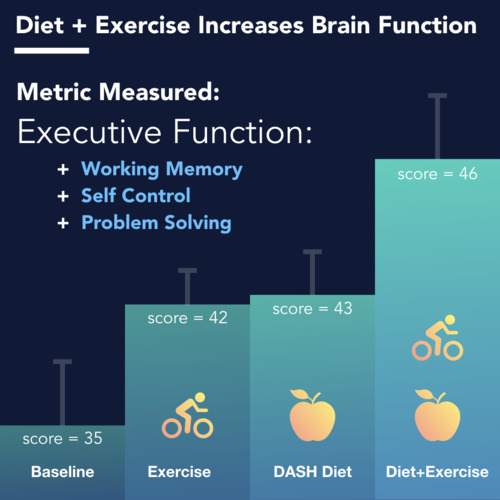Night Exercise and REM Sleep Time

Figure 1: Night Exercise and REM Sleep Time. According to a new meta-analysis, exercising at night does not reduce sleep time or REM sleep time. However, it may take around 8 minutes longer to reach REM sleep. (p=0.032)
Exercising at night can be a wonderful thing. An evening run, after the sun has set and a cool breeze sets in, can be the perfect end to a hot summer day.
However, some feel that this can get in the way of their sleep. A new meta-analysis set out to find the exact effects of night time exercise on sleep.
Across 23 studies on night time exercise and sleep, there was no significant difference in total sleep time or total REM sleep time. Individuals who exercised at night got the same amount of sleep as those who did not.
However, exercising at night did increase the amount of time it took to reach REM sleep. For those of us who sleep and wake up on a set schedule, this may reduce the total amount of sleep we can get before our alarm clock rings.
+
Methods - This study used a meta-analysis which combines data from many studies.
+
Study Selection - The study selected 23 papers with well-formed selection criteria.
-
Effect sizes - The effect sizes in the study were relatively small compared to their confidence intervals.
-
Data Consistency - The studies used in this meta-analysis had wide variations in their findings.
Meta-analyses systemically combine data and findings from a selected group of studies on a particular topic to create conclusions with higher statistical significance. These studies do not typically add new data, but rather use data that has already been produced by others. With good methods, they can find more robust and accurate results as they include more data. They can put together conflicting conclusions from smaller studies to create a "final answer."" However, these studies can include bias if inappropriate studies are analyzed. Additionally, they can suffer from publication bias, where only positive results are published and included in the analysis.
REM sleep is a deep stage of sleep that is characterized by Rapid Eye Movements while your eyes are closed. This is likely one of the most important stages of sleep for being well rested. Interestingly, your brain is more active during REM sleep than even during the day. This is the phase of sleep when you do the most dreaming.
Source: Effects of Evening Exercise on Sleep in Healthy Participants: A Systematic Review and Meta-Analysis.
Night Exercise, Body Temperature, and Sleep

Figure 2: Night Exercise, Body Temperature, and Sleep. A linear regression found that changes in core body temperature correlates with a reduction in sleep quality.
One key variable that may affect sleep quality after night time exercise is body temperature. While experts still disagree on the effects of temperature and sleep, at least one study has found that increased body temperatures correlate with lower sleep quality.
If your body is very heated after a workout session, consider taking a cooling shower before heading to bed if the heat is bothersome.
Exercise at Night and Staying Asleep

Figure 3: Exercise at Night and Staying Asleep. Running was associated with 15 minutes less of interrupted sleep compared to cycling. Similarly, low stress exercises were associated with 23 fewer minutes of interrupted sleep compared to high stress exercises. These were measured as minutes of WASO, which refers to wakefulness after sleep onset.
Exercising at night can affect your ability to stay asleep depending on the type of exercise.
High stress exercises, where you exert yourself and push your boundaries, are associated with 23 more minutes of interrupted sleep compared to low stress exercises.
Similarly, running right before bed is associated with 15 fewer minutes of interrupted sleep compared to cycling just before bed.
If you are planning to exercise before bed, consider scheduling an easier or more relaxing workout. If sleeping is an issue, consider saving the P90X for the morning.
Key Takeaways
Overall, exercise is extremely good for you whenever you do it. These data show that even if you can only exercise at night, it isn't necessarily bad for your sleep. If you do have trouble sleeping after exercising at night, try switching to a less stressful workout and try taking a cooling shower before heading to bed.
Related: Blue Light Filtering
If you are having trouble sleeping, try putting your phone away at night. If you can't do that, try using a blue light filtering app.
Late night phone and computer use have been clearly linked to worse sleep. Our device screens suppress our body's natural sleep signals. Blue light filtering has emerged as a possible solution to get our sleep back on track.
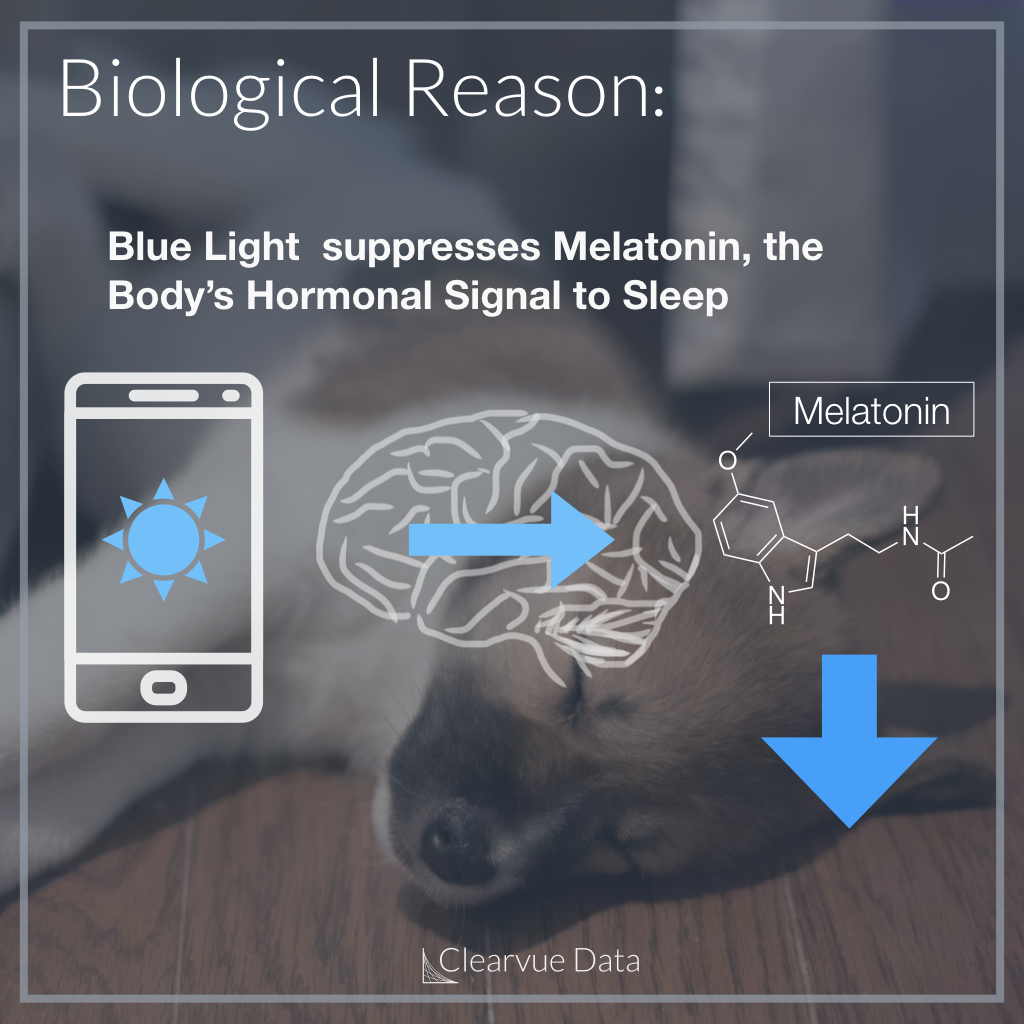
Related: Exercising in Middle Age
No matter what time of day you choose to exercise, you're doing a great thing for your heart and your health.
A new study shows that starting a new workout routine in your 40s is nearly as good for your heart as working out for your whole life. Working out in your 20s then stopping does not appear to benefit your heart very much. These same patterns appear for cancer mortality as well.




